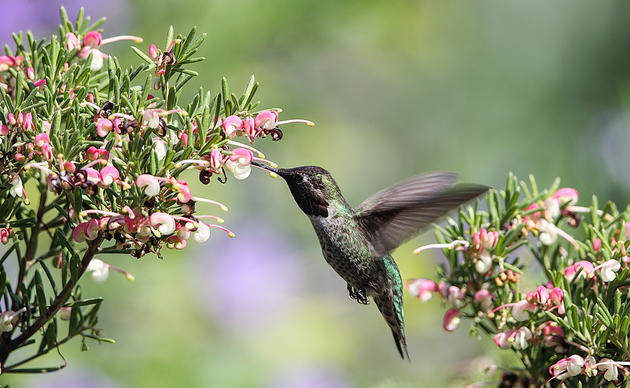A multinational team led by seabird expert Peter Harrison has discovered a new seabird species. The strom-petrel, found off the coast of Puerto Montt, Chile, doesn't seem to be from any of the know storm-petrel species. Harrison, it should be noted, will be the keynote speaker at next week's Audubon California Assembly (Not too late to sign up). Full press release below (photo by Peter Harrison):
A new species of seabird has been found. A five-person multi-national expedition led by British seabird expert Peter Harrison, captured twelve of the mystery storm-petrels at sea near Puerto Montt, Chile on 18, 19 and 21 February, and can now confirm the existence of a new species. This tiny black and white seabird belongs to a group of seabirds known as storm-petrels which appear to dance on the water, pushing off with webbed feet on long legs and wings spread, they are able to gather small food items from the surface of the water.
“These birds are likely to be a completely new species, as they are so different from any other storm petrels we know,” says Harrison. “There are just twenty-two known storm-petrels world wide.”
Harrison has been researching seabirds world-wide for many years. His authoritative ‘Seabirds of the World’ was first published in 1983. He is now photographing and painting for a new handbook to the seabirds of the world, to be published by Lynx Edicions (Barcelona).
The key to the success of this project was the involvement of two New Zealanders with specially designed net-guns. Chris Gaskin and Karen Baird have been involved in capture and searches for the breeding sites of the recently rediscovered New Zealand storm-petrel, a bird that was thought to be extinct for over 100 years. Using ‘chum’ (oily fish-bits immersed in the sea) to attract the birds close, they were able to capture the tiny birds and enable the biologists to take photos, measurements and biological samples.
One of Chile’s leading ornithologists Dr. Michel Sallaberry Ayerza of Department of Ecological Science, Faculty of Science at the University of Chile (Santiago), who also handled expedition logistics, collected blood samples and feathers which will be analysed to confirm the identity of the new species. “This is a very important discovery for Chile” said Sallaberry, “and it seems the birds are in good numbers, in fact during our visit they are the most common seabird in the waters here in Seno Reloncavi.”
It is extraordinary to think that a new species of bird is in existence within sight of the beaches at Puerto Montt, which at the time of the expedition were crowded with Chileans on vacation. The waters of Seno Reloncavi are plied by cruise ships, cargo vessels and fishing boats. This northern fiord region of Chile is very beautiful with tall snow-clad volcanoes and steep forest clad mountains to the east, a maze of low islands lie to the west. The expedition was fortunate to enjoy fine, if blustery conditions, making catching the small birds from a small boat very challenging.
“Once the DNA work is completed the next step will be to try to find out more about these birds, where they breed and if the migrate away from the area during the winter, or remain resident” said Sallaberry.
Harrison concludes: “To discover a completely new species is a special moment in any biologist’s life. Our discovery is made more significant because the new species is a seabird. Worldwide there are just 350 or so seabird species and storm-petrels are the smallest of all seabirds. Without doubt this discovery is a red-letter event for seabird enthusiasts of the world.”
By Garrison Frost
Monthly Giving
Our monthly giving program offers the peace of mind that you’re doing your part every day.




